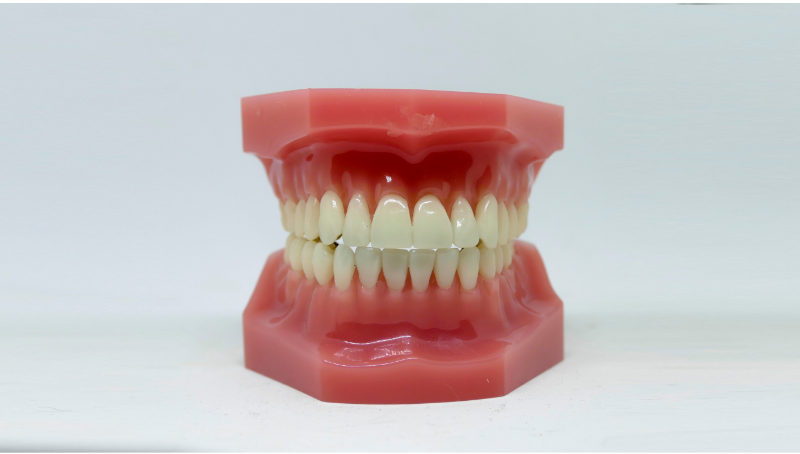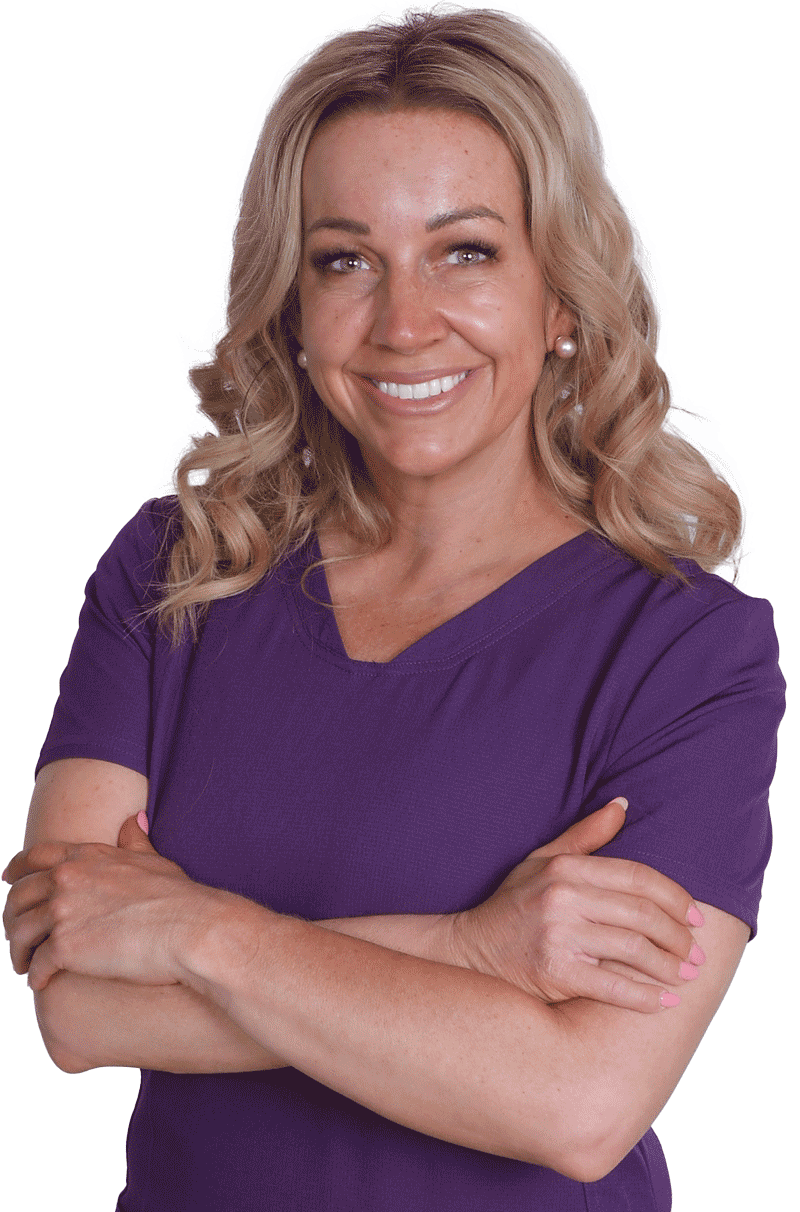I’m working with a post-stroke patient right now who is having increasing difficulty opening her mouth to eat and speak. Why? Trismus, commonly known as lockjaw, is a condition that limits mouth opening due to muscle tightness, nerve damage, or joint dysfunction. This condition can significantly impact daily activities such as speaking, eating, and maintaining oral hygiene. Trismus is often seen in individuals recovering from strokes, those who have undergone radiation therapy for head and neck cancer, or patients with temporomandibular joint (TMJ) disorders. Fortunately, trismus treatment, including targeted exercises and speech therapy, can improve jaw mobility and restore function.
What is Trismus?
Trismus is characterized by a restricted ability to open the mouth due to muscle stiffness, pain, or joint immobility. This limitation can be temporary or chronic, depending on the underlying cause. Common symptoms include jaw pain, difficulty chewing, speech challenges, and oral hygiene complications due to limited access for brushing and flossing.
Common Causes of Trismus
Several factors can contribute to the development of Trismus, including:
- Stroke and Neurological Conditions: Damage to the brain or nerves that control jaw movement can lead to muscle stiffness and reduced jaw mobility. (This is what I see most often in my practice.)
- Radiation Therapy: Patients undergoing radiation for head and neck cancer often experience fibrosis (tissue scarring), which can restrict jaw movement.
- TMJ Dysfunction and Jaw Injuries: Trauma, arthritis, or misalignment in the temporomandibular joint can result in Trismus.
- Muscle Tightness and Post-Surgical Complications: Prolonged jaw immobilization after dental procedures or surgeries can lead to muscle contractures, reducing mouth opening.
Trismus Treatment Options
Effective trismus treatment depends on the severity and underlying cause of the condition. A multidisciplinary approach, including speech therapy, physical therapy, and medical interventions, can significantly enhance recovery.
- Speech Therapy for Trismus: When I see a patient with Trismus, I help guide patients through oral motor exercises that promote better jaw control and flexibility.
- Medication and Pain Management: Anti-inflammatory drugs and muscle relaxants may be prescribed to reduce discomfort and improve movement.
- Physical Therapy and Stretching: Jaw exercises and manual therapy techniques help improve range of motion.
- Therapeutic Devices: Jaw-stretching devices like Therabite or Dynasplint help increase mouth opening over time.
Trismus Exercises to Improve Jaw Mobility
Consistently performing jaw exercises can help alleviate trismus and restore function. Below are some effective techniques:
1. Passive Stretching Exercises
- Place your thumb on your upper teeth and your index finger on your lower teeth.
- Gently apply pressure to increase mouth opening.
- Hold for 10-15 seconds and repeat 5-10 times.
2. Active Jaw Exercises
- Open and close your mouth slowly while maintaining control.
- Move your jaw side to side and forward and backward.
- Repeat each movement 10-15 times, 2-3 times a day.
3. Massage Techniques
- Use your fingers to gently massage the jaw muscles in a circular motion.
- This helps improve blood circulation and reduce muscle tightness.
- A therapist such as myself trained in Manual Touch Therapy can provide specialized massage.
4. Resistance Training
- Place a hand under your chin and apply gentle resistance while attempting to open your mouth.
- This helps strengthen jaw muscles and improve control.
How Speech Therapy Can Help with Trismus
Speech therapists play a crucial role in Trismus rehabilitation, especially for stroke patients and those with neurological impairments. They use techniques such as:
- Oral Motor Exercises: Strengthening and coordinating jaw and tongue movements.
- Swallowing Therapy: Improving safe eating and drinking abilities.
- Assistive Strategies: Recommending adaptive tools or devices to facilitate jaw mobility.
Tips for Managing Trismus at Home
- Stay Hydrated: Drinking enough water helps keep muscles relaxed.
- Avoid Hard or Chewy Foods: Opt for soft, nutrient-rich foods to prevent excessive jaw strain.
- Apply Warm Compresses: Heat therapy helps loosen tight muscles.
- Practice Daily Jaw Exercises: Consistency is key to improving mobility.
Bottom Line
Trismus can be a challenging condition, but with the right treatment, including exercises, therapy, and medical interventions, jaw mobility can be significantly improved. If you or a loved one is experiencing trismus and you live in Utah County, let’s chat. I can work with your doctor to develop a personalized treatment plan. By taking proactive steps, you can enhance your quality of life and regain essential oral functions.
Reach out through by e-mailing me at jackie@livewellspeechtherapy.com to set up a free consultation or call me at (801) 420-4083.


